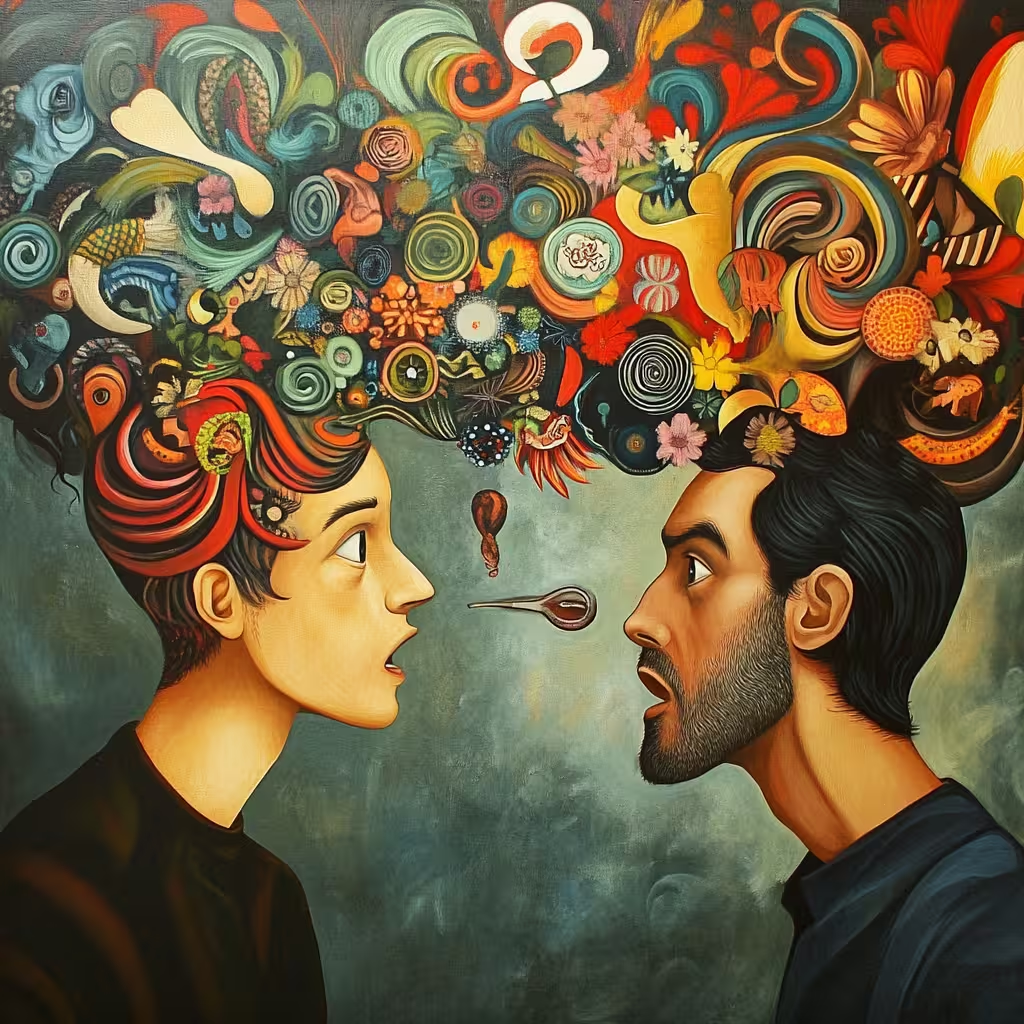The Paradox of Modernity: Progress Without Peace
We are living in the most advanced moment in human history. And yet, we are also arguably the most confused, alienated, addicted, manipulated, and emotionally starved generation ever to exist. This is the paradox I cannot stop thinking about.

We are living in the most advanced moment in human history. That statement is fact, not fantasy. By nearly every measurable indicator — lifespan, access to education, reduction in absolute poverty, technological capability, global connectivity — humanity has reached its peak.
And yet, we are also arguably the most confused, alienated, addicted, manipulated, and emotionally starved generation ever to exist.
This is the paradox I cannot stop thinking about. And I’ve been there — I am there.
I can doomscroll for hours. I have. I maintain ghost accounts on both the far left and far right corners of the digital spectrum. Not for trolling — for watching. Observing. Feeling. Consuming. These feeds are exquisitely addictive, intellectually seductive, morally triggering, and sometimes… fascinating. A study in the complexity and violence of the human condition. It’s performance art, it’s trauma cycles, it’s algorithmic puppetry. It’s culture war porn and dopamine crack served in 30-second doses. And we can’t look away.
So where does that leave us?
We’ve eradicated diseases but not despair. We’ve linked every human being on Earth but decoupled them from meaning. We’ve flooded the world with data but left it starving for wisdom. We know more, feel less, speak more, understand less.
This isn’t a poetic lament. There is data.
The World Health Organization now classifies loneliness as a global health threat. Nearly 900,000 people die each year from social isolation, a toll comparable to smoking or obesity. A Gallup/Meta study in 2024 found that 1 in 4 adults globally report feeling very or fairly lonely, and among young adults, that number spikes. In the United States, 56% of people acknowledge being addicted to their devices. And it’s not just tech — it’s trust. Faith in institutions, governments, media, and even science is deteriorating.
Meanwhile, the richest 1% of humanity has amassed nearly $34 trillion in new wealth since 2015 — enough to solve global poverty twenty times over. Corruption drains an estimated $5 trillion annually from the global economy. These aren’t accidents or footnotes. These are structural features of our so-called progress.
We were promised a utopia of rational governance, efficient economies, and global understanding. What we got instead was a chaotic feedback loop of inequality, isolation, and emotional immaturity — all amplified by tools of godlike reach.
We are brilliant, brutal, anxious, tribal, imaginative, insecure, generous, petty, transcendent, and terrified. We are a contradiction. Our biology is ancient. Our tools are futuristic. Our values are unstable. Our leaders? Often emotionally underdeveloped actors playing at civilization while playing to a base that demands spectacle over substance.
Humanity, at scale, is still a young species with fire in its hands and unresolved trauma in its bones. When do we accept this? Truly, deeply accept that we are not morally evolved just because we can build neural networks and deliver groceries by drone? When do we stop pretending that technological progress is synonymous with human maturity?
This is not a call for pessimism. It’s a call for clarity. Because we cannot evolve if we don’t acknowledge what we are. Yes — we are complex. Yes — we are violent. Yes — we are capable of unimaginable beauty and compassion, and also horrifying cruelty. Both are true. Always have been. We have to start being upfront about things, with integrity.
We’ve reached the point in our timeline where denial is no longer an option. The stakes are too high. The weapons too powerful. The algorithms too effective at exploiting our worst tendencies. What saves us now will not be a new app or a better economic model. What saves us — if anything — is the slow, painful, radical return to something deeply inconvenient, unscalable, and immeasurable: Love. Empathy. Presence. Accountability. Human-level truth.
It’s humbling to admit. It feels small compared to billion-dollar inventions. But it may be the only force left that resists monetization, gamification, and ideological capture.
So yes, it’s sad. Overwhelmingly sad, even. But maybe that sadness is sacred. And maybe — just maybe — if we sit with it long enough, it will show us the way out.
Sources
Loneliness & Social Connection
- World Health Organization: Loneliness, social isolation linked to 871,000 annual deaths
- CivicScience: The State of Loneliness in America
- Mind.News: Study finds global surge in loneliness
- Wikipedia – Social connection: reduces inflammation, supports antiviral immunity, linked to prosocial behavior
The Science of Love & Human Connection
- Psychology Today: “Why Love Matters” – love and connection are critical to mental & physical health
- ASU News: “Study: Expressing love can improve your health” – affection lowers stress hormones and boosts immunity
- The Guardian: “Let’s touch: why physical connection matters” – human touch acts as painkiller, builds empathy
- Wikipedia – Affection exchange theory: expressing affection helps stress management and lowers cortisol
Technology & Modern Isolation
- The New Yorker: “A.I. Is About to Solve Loneliness. That’s a Problem” – true human connection can’t be outsourced to code
- AI Plus Info: Tech’s role in America’s loneliness epidemic
💬 Join the Conversation
Share your thoughts, ask questions, or simply let me know what resonated with you. I read and respond to every comment personally.
Comments are loading...
If comments don't appear, you can join the discussion on GitHub
First-time visitors: A discussion thread will be created automatically when you comment.